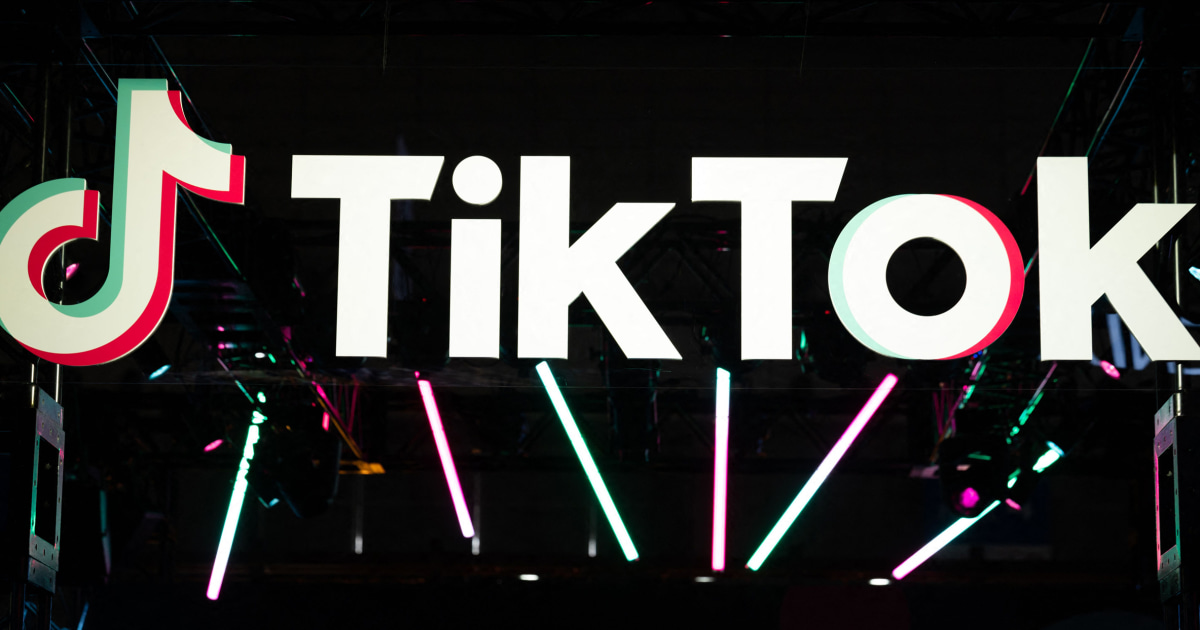TikTok agrees to pull rewards feature from E.U. amid concerns over ‘addictive effect’

TikTok has committed to “permanently withdraw” a rewards program from the European Union after the 27-member bloc raised concerns about the feature’s potential “addictive effect,” the European Commission announced Monday.
The move means TikTok is now in compliance with the E.U.’s Digital Services Act, a sweeping regulation that aims in part to “create a safer digital space in which the fundamental rights of all users of digital services are protected.”
TikTok Lite Rewards, a feature of a separate version of the primary TikTok app, launched in Spain and France in April. The E.U. swiftly demanded a “risk assessment.” The rewards program allows users to earn points in exchange for completing certain “tasks,” such as watching videos, liking content and following creators.
The European Commission raised concerns that the rewards feature had been “launched without a prior diligent assessment of the risks it entails, particularly in relation to [its] addictive effect.” It could “potentially have negative effects on the physical and mental health of users,” the commission added.
TikTok has not publicly conceded that the rewards feature is potentially addictive. In response to a request for comment Monday, a TikTok spokesperson said in part: “We always seek to engage constructively with the European Commission and other regulators. TikTok is pleased to have reached an amicable resolution.”
TikTok formally agreed to withdraw the TikTok Lite Rewards program from the E.U. and committed “not to launch any other programme which would circumvent the withdrawal,” the European Commission said. “Any breach of the commitments would immediately amount to a breach of the DSA and could therefore lead to fines,” the commission said.
The announcement comes as a growing number of health professionals sound the alarm about the effects of excessive screen time on mental and physical health, particularly in children and teenagers. The E.U. has attempted to more forcefully police the conduct of Big Tech firms through laws such as the Digital Services Act and other measures.
“The safety and well-being of social media users need to be a number one priority. Design features on platforms with addictive effects put the well-being of their users at risk,” said Margrethe Vestager, a Danish politician and the executive vice president of a European Commission office responsible for digital issues.
“That’s why we have made TikTok’s commitments under the DSA legally binding. We will carefully monitor TikTok’s compliance. Today’s decision also sends a clear message to the entire social media industry,” she added.
Thierry Breton, a French politician and the E.U. commissioner for internal market, touted the Digital Services Act in a statement: “The available brain time of young Europeans is not a currency for social media — and it never will be. We have obtained the permanent withdrawal of TikTok Lite Rewards programme, which could have had very addictive consequences.”
“The DSA is in full swing,” he added.
The European Commission has formal proceedings open under the act against other social media platforms, including X and Meta, the parent company of Facebook and Instagram.
Related
EU denies picking on US tech giants, says US also…
BRUSSELS (Reuters) - Europe's new tech rule aims to keep digital markets
€450M to drive green data infrastructure, the next startup hub,…
This week we tracked more than 70 tech funding deals worth over €1.3 billion, and over 5 exits, M&A transactions, rumours, an
European tech sector poised for stronger 2025, says Monument Group;…
Let’s kick things off with tech! Monument Group’s Zac Williams expects a big spike in European technology deals in 2025, as the region offers more appealing
Women still marginalised in Europe’s Tech Ecosystem
European startups founded or co-founded by women raised €10.2B in 2024 across nearly 2,000 transactions, according to Pitchbook’s latest study. This repr










